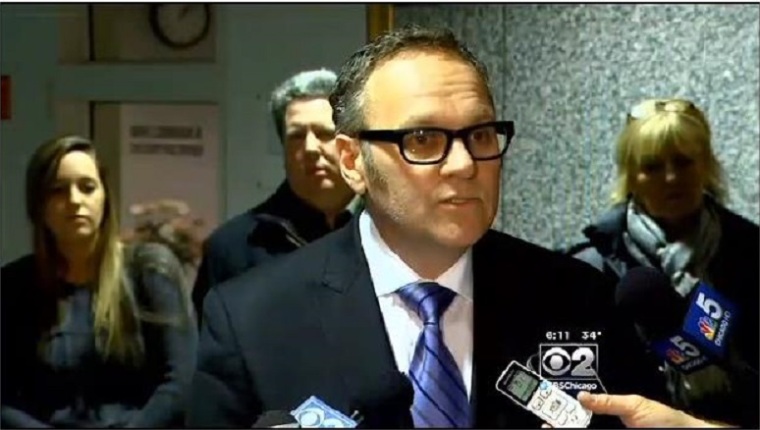Gay rights, religious liberty clash over fired Catholic music director: A warning for evangelical churches?

INVERNESS, Ill. (Christian Examiner) -- As the wave of legalizing same-sex marriage continues across the United States, questions about the impact of those civil unions and the church continue to swell. For Holy Family Catholic Community Church in Illinois, the gay rights versus religious freedom debate has engulfed them after Colin Collette, the director of music for 17 years, was fired in July when he became engaged to his same-sex partner on a vacation the two took to Rome.
The Supreme Court ruled in 2012 that "ministerial exemptions" permit wide latitude for churches in hiring and firing, but since then the court has struck down the federal Defense of Marriage Act and let lower court rulings stand that overturned voter approved bans on same-sex marriages.
There are reports of some disagreement among members about the decision to fire the gay music director. Regardless, church leaders have moved on and replaced him. The Holy Family website announced the hiring of Gene Garcia who was officially welcomed during a social event after services Nov. 23.
Now, the former music director has filed discrimination charges against a parish manager and the priest, Rev. Terence Keehan, with Collette arguing that he had been openly gay with church members and officials and that he and his partner of five years even participated in church activities together.
In a press statement directly before filing his complaint with the federal Equal Employment Opportunity Commission and the Cook County Commission on Human Rights, a local review board, Collette said he sought to return to his ministry position and "open the door" for others who have been excluded by the church. According to the Chicago Tribune, Collette's complaint must be reviewed by the state EEOC before Collette can sue his former employer for discrimination on the basis of sex, sexual orientation and marital status. After review, the EEOC can then either issue notice of the right to sue or sue the church on Collette's behalf.
The review likely will consider the 2012 Supreme Court decision which offers protection from lawsuits by "any 'employee' who leads a religious organization, conducts worship services or important religious ceremonies or rituals, or serves as a messenger or teacher of its faith." This ruling was explained as giving broad discretion in how churches and religious organizations dealt with employees. However, Justice Roberts, who wrote the majority opinion, said the decision left the possibility of criminal prosecution and other protections in place and the "applicability of of the exception to other circumstances" would be addressed "if and when they arise."
Since then the Supreme Court has overturned the Defense of Marriage Act and let stand lower court rulings overturning voter approved laws banning same-sex marriage. So the Chicago case could be a catalyst for further changes to the law.
In 2013, the Alliance Defending Faith recommended seven protective measures churches should consider taking: develop a formal membership policy, articulate procedures for discipline of members, outline the process for rescinding member privileges; create job descriptions that explain how the position contributes to the church's Christian mission; declare what the church believes about marriage and include an official statement in bylaws; identify what body or individual is authorized on behalf of the body to interpret the Bible on the issue of marriage; and use due diligence when selecting staff, particular paid workers and volunteers who interact with children.
Denominational groups also responded in kind.
The Alabama Baptist State Board of Missions, the state organization for Southern Baptists, took the step of forming a task force to consider the situation and develop recommendations for local congregations. Chip Smith, who chaired the group, and works with the ASBOM, said the body recommended "church bylaws should state that marriage is between one man and one woman – a standard the bible teaches," according to the Alabama Baptist, the news journal of the state convention.
But lawyers for the Southern Baptist Convention, the national body, said there is no "magic language" that can be interjected into governing documents and that the matter all comes down to how courts interpret the First Amendment.
"Some have been anxious that a church might be required to allow its facilities to be used for a same-sex 'marriage,'" Smith told the Alabama Baptist, "... (but) I think that is not likely at all."
It is not clear whether Collette will pursue action against the Catholic Archdiocese in Chicago in addition to the Holy Family congregation and leaders. The archdiocese has handled questions about the matter for the church and released a statement saying the decision "was made with the knowledge of the archdiocese and in consultation with the archdiocese."